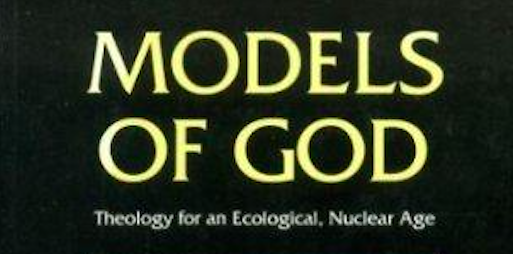Beware of false prophets, who come to you in sheep’s clothing but inwardly are ravenous wolves. You will recognize them by their fruits. Are grapes gathered from thornbushes, or figs from thistles? So, every healthy tree bears good fruit, but the diseased tree bears bad fruit. A healthy tree cannot bear bad fruit, nor can a diseased tree bear good fruit. Every tree that does not bear good fruit is cut down and thrown into the fire. Thus you will recognize them by their fruits. (Matt. 7:15-20)
Thus our Lord Christ on how to spot false prophets. Apple trees bear apples, and orange trees bear oranges. And rotten trees bear rotten fruits of any kind. The same is true of teachers—their lives bear out their character. Perennial wisdom for the Church in any age.
Login to read more
Sign in or create a free account to access Subscriber-only content.
Topics:
